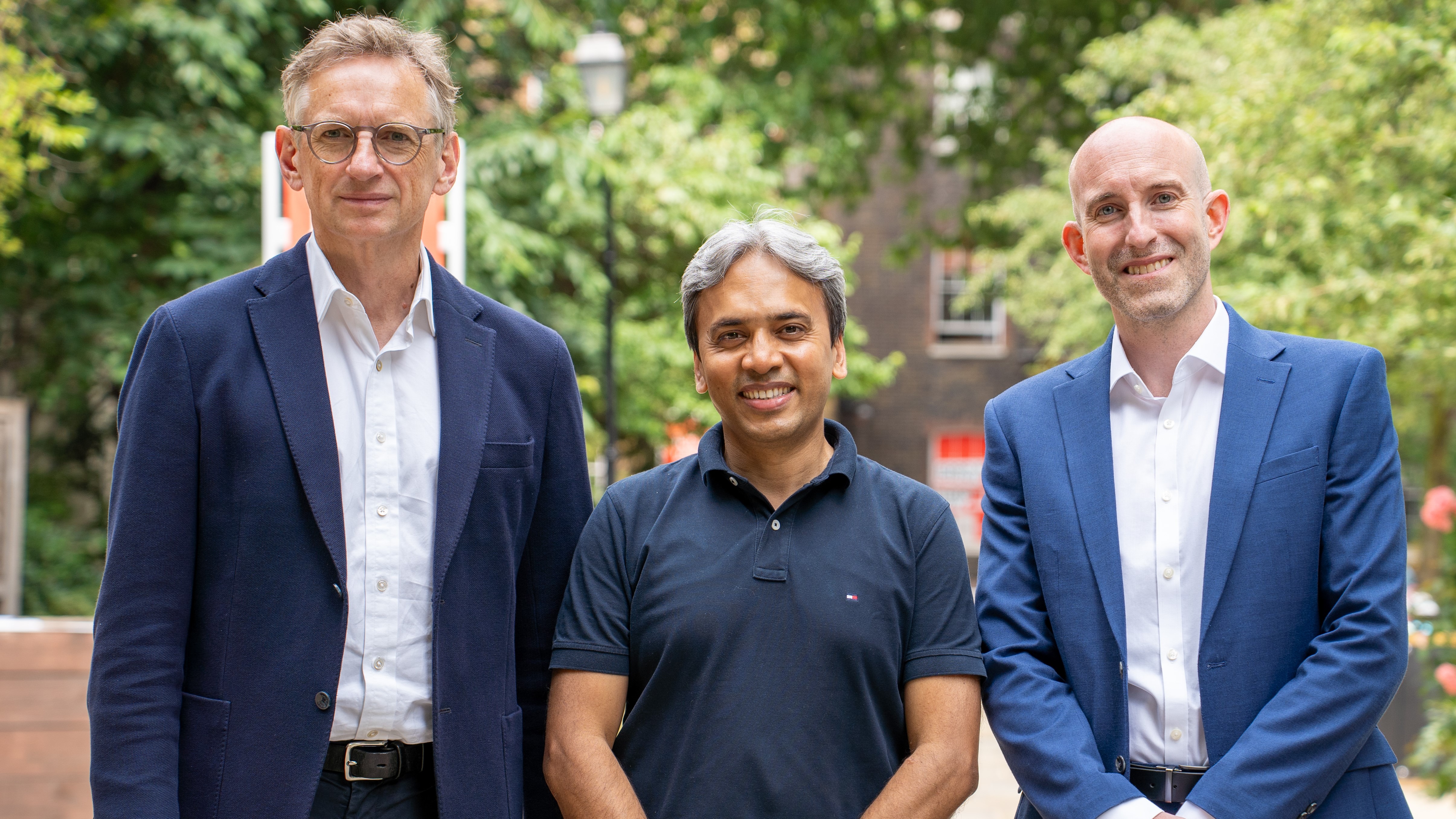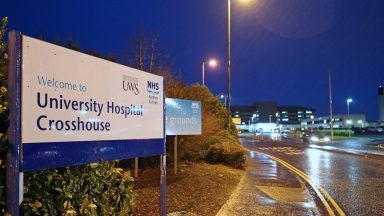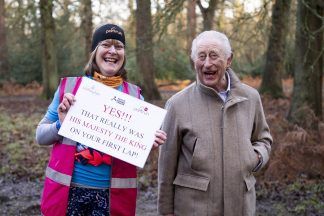A take-at-home tablet could boost the way cancer patients respond to chemotherapy, according to the medical experts who developed it.
The drug, known as KCL-HO-1i, works by disarming a defence mechanism that tumours use to protect themselves.
Early tests on mice found the drug even helped chemotherapy-resistant tumours to respond to treatment.
It is hoped KCL-HO-1i can be trialled on humans, with researchers suggesting it could one day be a “valuable companion drug” to chemotherapy, helping patients to avoid more aggressive treatments.
Chemotherapy is used to treat many kinds of cancer and works by disrupting the way cancer cells grow and divide.
However, in some patients it is not as effective as it should be because the body’s own immune cells can act as a barrier around tumours.
These white blood cells, known as macrophages, produce a protein called heme oxygenase-1 (HO-1), which helps shield the tumour from the immune system and block the effects of chemotherapy.
KCL-HO-1i, which has been created by experts at Kings College London (KCL), targets this protein to make tumours more responsive to treatment.
Professor James Arnold, head of tumour immunology group at the university, said: “We discovered that these macrophages in cancer play a key role in blocking chemotherapy.
“By targeting the enzyme they produce using KCL-HO-1i, we were able to help beneficial immune cells and chemotherapy drugs become significantly more effective.
“In laboratory models, even chemotherapy-resistant tumours became responsive to treatment, which is a really exciting step forward.”
The drug has been designed for patients to take at home as a tablet between chemotherapy sessions.
Early tests on mice, published in the journal Science Translational Medicine, found the drug made breast cancer tumours more responsive to different types of chemotherapy.
Researchers are now hopeful that trials involving patients with breast cancer and other forms of the disease could begin within two years.
James Spicer, a professor of experimental cancer medicine at KCL, said chemotherapy “remains a key part of treatment” for many patients with cancer, but “too often it is not as effective or long-lasting as we might like”.
“This research has identified a key reason for these limitations, and discovered a drug that we are keen to test in the clinic alongside established chemotherapy drugs.”
Tanya Hollands, research information manager at Cancer Research UK, which supported the study alongside funding from the Medical Research Council, said: “Researchers are increasingly learning how to make better use of existing cancer treatments, whether it’s using them differently or in combination with new medicines, like this work suggests.
“Using combination therapies can help bring improved treatment options to patients more quickly, safely and affordably, because some components of the treatment have already been tested and used in the clinic.
“While early stage, it’s exciting to see this potential new way to disarm cancer’s ability to avoid detection by the immune system with a new drug, while also boosting the effectiveness of chemotherapy, and we look forward to seeing how this work progresses.”
Follow STV News on WhatsApp
Scan the QR code on your mobile device for all the latest news from around the country





























